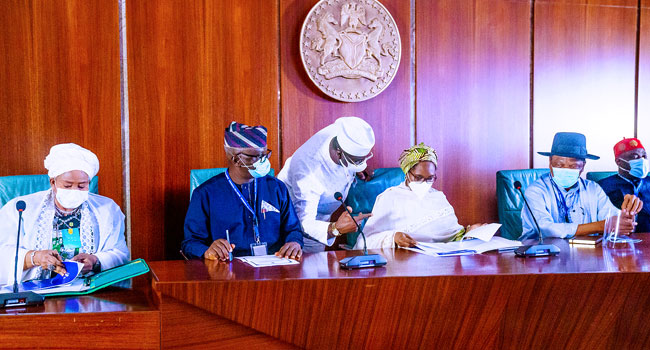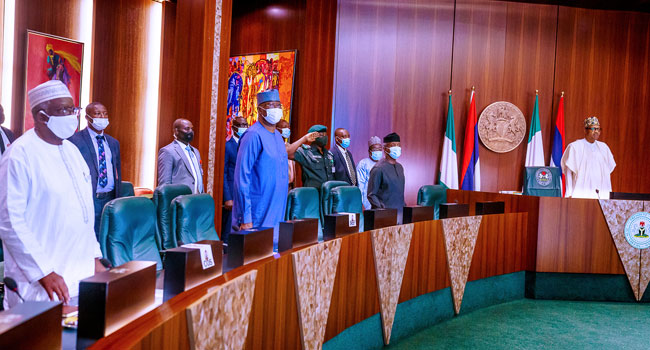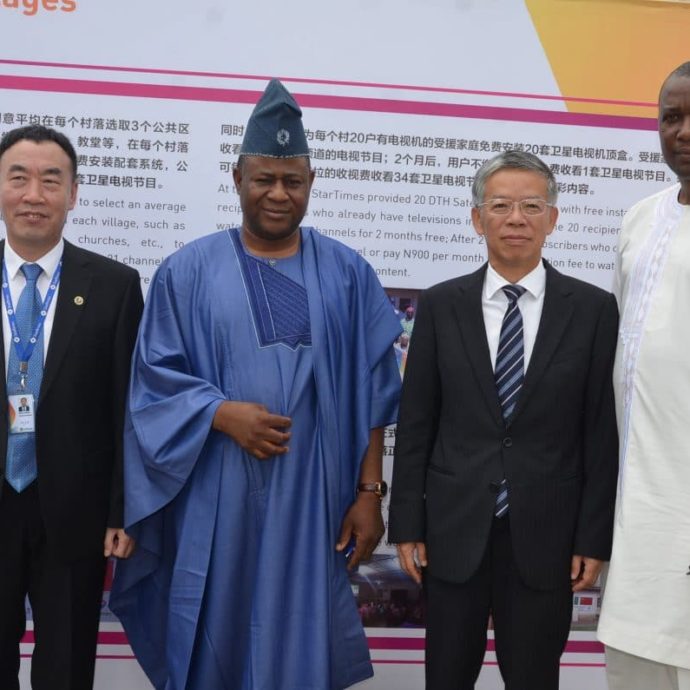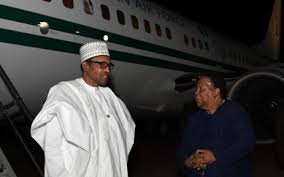Buhari Inaugurates Committee To Lift 100m Nigerians Out Of Poverty, Boost Development
Written by darling on September 10, 2020
President Muhammadu Buhari has inaugurated the National Steering Committee to oversee Nigeria’s Agenda 2050.
The committee is to ensure that the Medium-Term National Development Plan (MTNDP) succeeds the Vision 20:2020 and the Economic Recovery and Growth Plan (ERGP) 2017 – 2020.
The team will be jointly chaired by Mr Atedo Peterside and the Minister of Finance, Budget and National Planning, Zainab Ahmed.
Part of the task before the group is to lift 100 million Nigerians out of poverty within the next 10 years.
“The main objectives of these Successor Plans are to lift 100 million Nigerians out of poverty within the next 10 years, particularly given the World Bank’s projection that Nigeria will become the world’s third most populous country by 2050 with over 400 million people,” President Buhari said.

For Buhari, it had become necessary to develop successor plans to the Nigeria Vision 20:2020 and the ERGP, which will lapse in December, to ensure continuity and efficiency in the country’s development planning.
On the mandate of the members, President Buhari said it would oversee governance structure comprising the Central Working Group and 26 Technical Working Groups for the important national assignment.
“It is my expectation that the Steering Committee will oversee the execution of key deliverables, including recommending measures to ensure the continuous implementation of the Plans even after the expiration of the tenure of successive Administrations – including legislation, if required.

“Such legislation may introduce much-needed rigour and discipline to the nation’s development planning as well as institutionalise planned outcomes for the future. I trust that our partners in the National Assembly will support us in exploring these reforms,” he said.
While asking members not to lose sight Nigeria’s role globally, President Buhari said the Successor Plans must, therefore, be designed to sustain national development, support regional and global strategic interests, as outlined in the African Union Agenda 2063, the ECOWAS Integration Agenda 2050 and the Sustainable Development Goals 2030.






